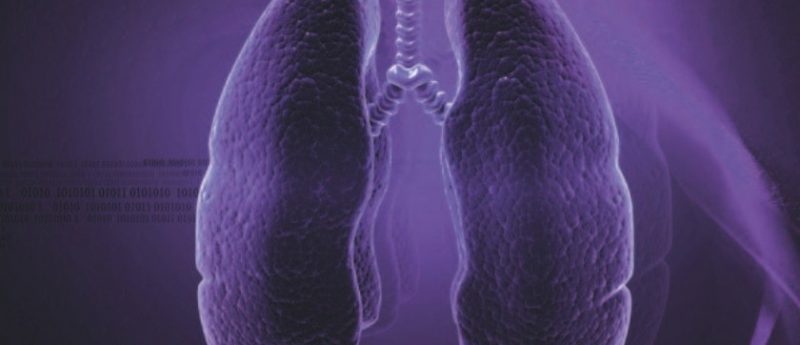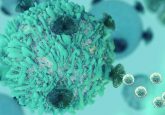Innovative lung cancer breath test enters clinical trials

Respiratory experts from the University of Leicester (UK) are to lead a clinical trial investigating the efficacy of a breath test for the detection of lung cancer. Results from the trial, which is being performed at Leicester’s Glenfield Hospital (UK), are expected in early 2016.
By measuring volatile organic compounds (VOCs) at low concentrations in the patient’s breath, the GC-FAIMS (Gas Chromatography – Field Asymmetric Ion Mobility Spectrometry) sensor represents a smaller and cheaper substitute to existing detection technologies. If successful, the Lung Cancer Indicator Detection (LuCID) project could lead to a noninvasive test for the detection of lung cancer in its early stages.
Salman Siddiqui (University of Leicester) commented: “Lung cancer has one of the lowest 5-year survival rates of all cancers, however early diagnosis can greatly improve a patient’s prognosis. Current diagnostic procedures such as a chest X-ray, CT scan and bronchoscopy are costly and not without risks so the benefits of a noninvasive, cheaper alternative are clear.”
Owlstone Nanotech Ltd (Cambridge, UK), the company behind the device, performed a health economic analysis and concluded that LuCID could increase the detection of early-stage lung cancer from the current 14.5 to 25% by 2020, translating to a saving of £250 million of NHS money and 10,000 lives.
Owlstone has now been awarded £1 million by the NHS Small Business Research Initiative in order to fund the clinical trials that will form the second phase of the LuCID project. The trials will aim to provide further evidence for Owlstone’s GC-FAIMS sensor within a rapid access lung cancer clinic.
Siddiqui explained: “This project will seek to identify and evaluate biomarkers in order to improve the accuracy and reliability of breath diagnostic methods. We will also be aiming to establish FAIMS as a faster, less expensive and more portable alternative to gas chromatography-mass spectrometry for breath diagnosis applications.”
Plans for future work include evaluating the technology in other hospitals and GP surgeries. Billy Boyle (Owlstone, UK) added: “If you could change only one thing in the fight against cancer, it would be to detect the disease earlier where existing treatments are already proven to save lives. FAIMS technology has the potential to bring a quick and easy-to-use breath test to a GP’s office. Our team will not rest until we help stop the daily devastation that cancer brings to patients and their families.”




